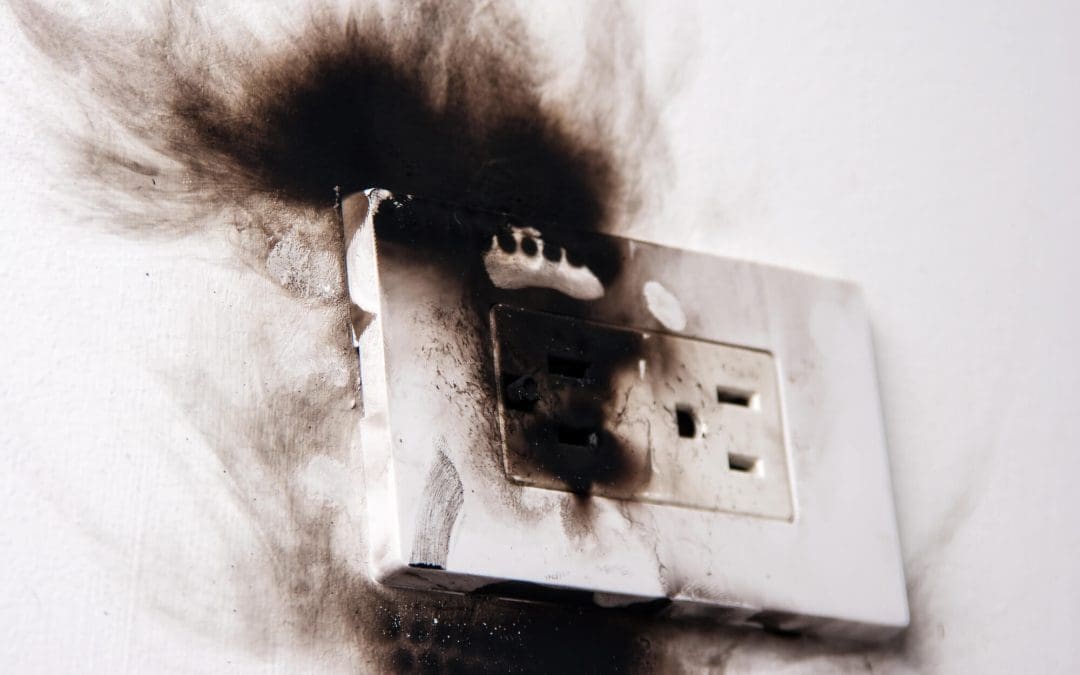Electrical safety is a crucial aspect of maintaining a secure and hazard-free home. With the increasing number of electrical devices and appliances we use daily, understanding how to handle electricity safely is more important than ever. Here, we’ll explore various tips and guidelines to ensure your home remains safe from electrical hazards.
Understanding Electrical Safety Basics
Before diving into specific safety tips, it’s essential to understand the basics of electrical safety. Electricity is a powerful force that can cause severe injuries or even fatalities if mishandled. Knowing how to respect and manage it is the first step towards a safer home environment.
Importance of Regular Inspections
Regularly inspecting your home’s electrical system can prevent potential hazards. Look for signs of wear and tear, such as frayed wires, exposed cables, or burnt outlets. If you notice any of these issues, it’s crucial to address them immediately. Consider hiring a professional electrician to conduct a thorough inspection at least once a year.
Safe Use of Electrical Appliances
Proper usage of electrical appliances is vital for preventing accidents. Always read and follow the manufacturer’s instructions for each device. Ensure that appliances are not overloaded, and unplug them when not in use. Keep electrical devices away from water and wet areas to avoid the risk of electric shock.
Childproofing Your Home
Children are naturally curious, and electrical outlets or devices can intrigue them. Childproofing your home is essential to protect your young ones from electrical hazards.
Installing Outlet Covers
Installing outlet covers is a simple yet effective way to prevent children from inserting objects into electrical sockets. Choose covers that are difficult for children to remove but easy for adults to manage.
Keeping Cords and Wires Out of Reach
Ensure that all cords and wires are kept out of children’s reach. Use cord organizers or concealers to keep them tidy and secure. This protects children and prevents tripping hazards.
Handling Electrical Repairs Safely
While homeowners can do some minor electrical repairs, knowing your limits is crucial. Handling electrical repairs without proper knowledge can be extremely dangerous.
When to Call a Professional
Always call a licensed electrician for any significant electrical issues, such as faulty wiring, frequent circuit breaker trips, or installing new electrical fixtures. Professionals have the expertise and tools to handle electrical repairs safely and effectively.
DIY Repairs: Safety Precautions
If you decide to tackle minor repairs yourself, take all necessary precautions. Always turn off the power at the circuit breaker before starting any work. Use insulated tools and wear rubber-soled shoes to reduce the risk of electric shock.
Preventing Electrical Fires
Electrical fires can cause devastating damage to your home. Understanding how to prevent them is critical to maintaining a safe living environment.
Avoiding Overloaded Circuits
Overloading circuits is a common cause of electrical fires. Limit the number of high-wattage appliances used simultaneously to ensure that your home’s electrical system is not overloaded. If you frequently trip circuit breakers, it may be time to upgrade your electrical system.
Using Proper Lighting
Always use light bulbs that match the recommended wattage for your fixtures. Using bulbs with higher wattage than recommended can cause overheating and potentially start a fire. Additionally, ensure all lighting fixtures are securely mounted and free from dust buildup.
Outdoor Electrical Safety
Electrical safety extends beyond the walls of your home. Outdoor electrical hazards are just as significant and require attention.
Safe Use of Extension Cords
When using extension cords outdoors, ensure they are rated for outdoor use. Avoid running extension cords through water or across walkways where they can be damaged or cause tripping hazards. Inspect cords regularly for signs of wear or damage.
Maintaining Outdoor Electrical Fixtures
Keep outdoor electrical fixtures, such as lights and outlets, in good condition. Ensure that they are weatherproof and properly insulated. Regularly check for any signs of damage or corrosion and address them promptly.
Electrical safety is a critical component of home maintenance that should never be overlooked. By understanding the basics of electrical safety, childproofing your home, handling repairs responsibly, preventing electrical fires, and ensuring outdoor safety, you can create a secure environment for you and your family. Always prioritize safety and, when in doubt, seek the expertise of a professional electrician to keep your home hazard-free.
Electrical Safety FAQ
What should I do if I experience a power outage?
During a power outage, check if your neighbors are also affected to determine if the issue is local. Turn off and unplug all electrical appliances to prevent damage from a power surge when electricity is restored. Use flashlights instead of candles to avoid fire hazards. Contact your utility company to report the outage and get updates.
What are the dangers of DIY electrical work?
DIY electrical work can be hazardous due to the risk of electric shock, fires, and improper installations that may not meet safety codes. Without proper knowledge and tools, you could cause more harm than good. It’s best to leave complex electrical tasks to licensed professionals to ensure safety and compliance with local regulations.
Why do my circuit breakers keep tripping?
Circuit breakers trip to protect your home from electrical overloads and prevent fires. Frequent tripping may indicate overloaded circuits, faulty appliances, or issues within the wiring. Identifying and addressing the root cause is essential, and consulting an electrician may be necessary for persistent problems.
What should I do if I smell something burning but can’t find the source?
If you smell something burning and cannot locate the source, immediately turn off the power at the main circuit breaker and contact an electrician. Burning smells can indicate electrical issues such as overheating wires or malfunctioning devices, leading to fires if not promptly addressed.
Checkpoint Home Inspections offers comprehensive inspection services to homebuyers and sellers near the North Coast of Oregon. Contact us to request an appointment.

